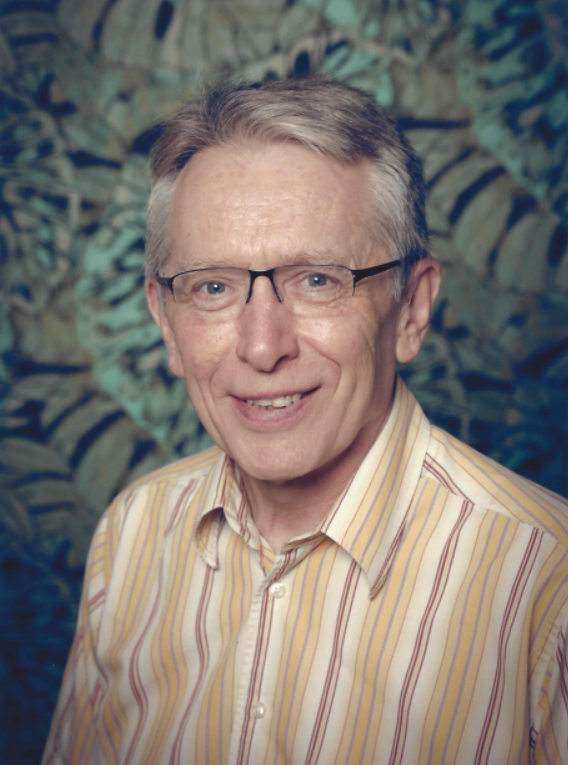
Ludger Pries
Senior Prof. Dr. phil. Dr. habil.
Expert for migration, labor relations and transnationalism
I work as a sociologist and seniorprofessor at the faculty of social sciences at Ruhr University Bochum in Germany (Institutional Website).
Since the 1980s, I have been doing research and teaching in Germany, Brazil, Mexico, Spain, Turkey, the USA and other countries.
My areas of interest are (internationally comparative) sociology of migration, work and organizations; life course research, transnationalism and evolutionary sociology.
„In a fable, a dying farmer tells his children that there is a treasure buried in his field. They then dig up and around the field all over without finding the treasure. In the next year, however, the land thus worked bears threefold fruit. […] We will not find the treasure, but the world that we have dug for it will bear triple fruit to the spirit – even if in reality it had not been about the treasure at all, but about the fact that this digging is the necessity and inner determination of our spirit.“
Georg Simmel: Philosophische Kultur. Gesammelte Essais. Leipzig: Klinkhardt 1911, p. 5f
Find Ludger Pries on
News
I’m excited to announce that in February 2025, my book „Migration. Kleine Reihe Soziologie. Frankfurt am Main: Wochenschau Verlag“ was published. The book can be purchased and downloaded here.
At the beginning of the year, my book „Migration. Warum man sie nicht steuern kann – aber verstehen und mitgestalten. Frankfurt am Main: Campus. (Migration – why you cannot control it – but understand and help shape it)“ was released. Under this link the book is available for purchase. About the same book I also had an interesting interview with Ms. Dina Netz from Deutschlandfunk in February. The podcast can be listened to here afterward.
In October 2024, my colleague Dr. Zülfikar Savci and I held a lecture on the topic „Different types of migration – different kinds of social cohesion“ during a workshop revolving around the social cohesion among Syrian refugees and the Turkish host community at the Institute for the Study of International Migration in Washington, DC. The same month, I was also a guest at the state conference of (post-)migrant organizations in Baden-Württemberg dedicated to the topic “Networking, strengthening, shaping: Migrant organizations as actors of the future”.